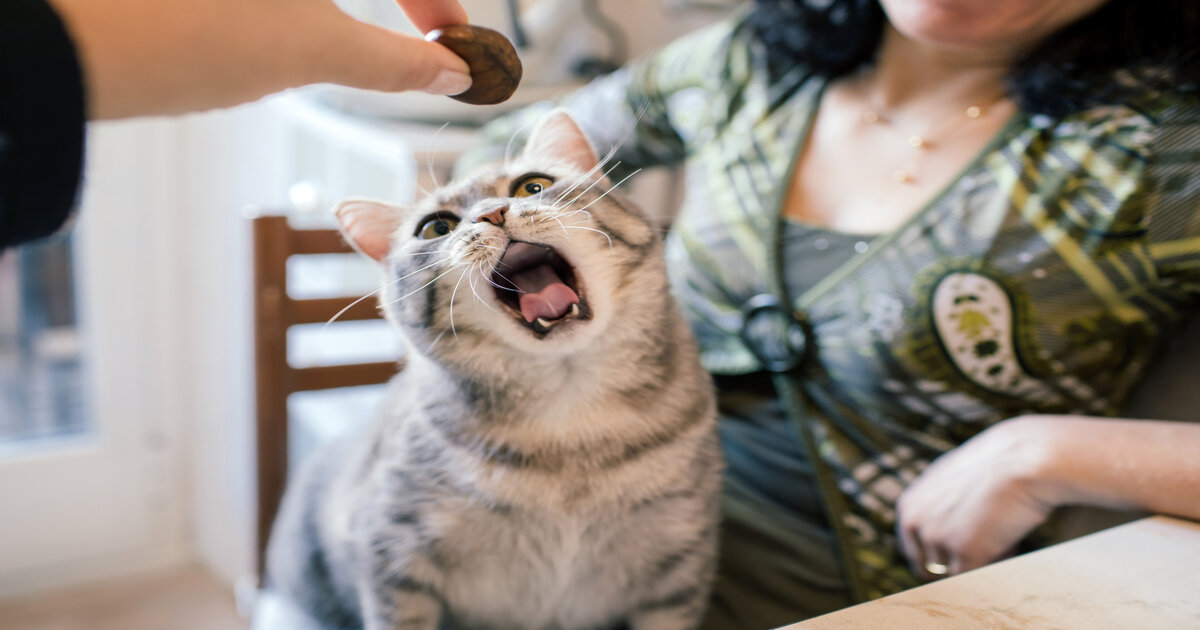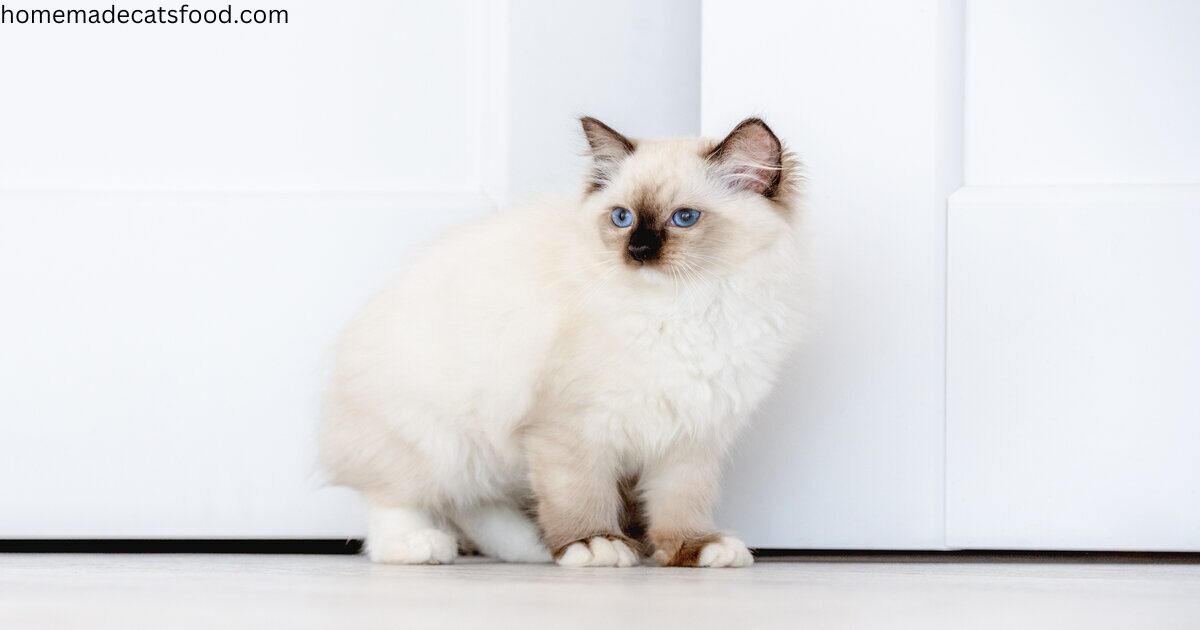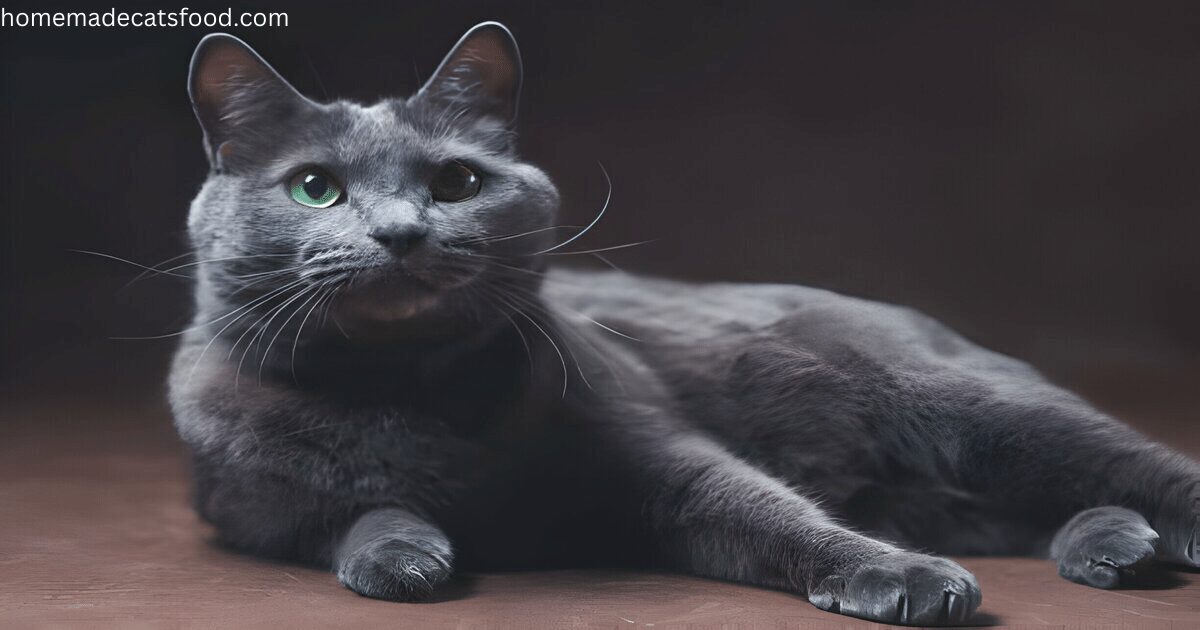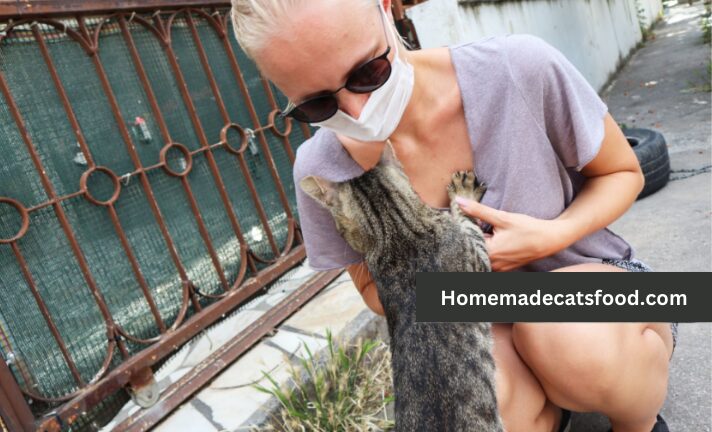Being a cat owner who has already experienced all the ups and downs of meeting my cat after being away on a trip or being out for the whole day, I can truly say that homecoming for your cat can be both a heartwarming yet a bit puzzling time. In my feature story, I will detail my observations about the behavior of a cat after the return home, which are connected to the points coming from what to expect and how to do it successfully, on your part.
Understanding Cat Behavior After Returning Home
The major characteristics of cats are to be attached to certain beliefs and habits, so wear continuous adjustments of their daily routine may provoke resistance and, consequently, negative impact upon their behavior. We, humans, can often notice differences in cats’ behavior when we get back from wherever we are, leaving them alone, for example. Maybe, it would be of interest to discus some of the reactions, which are easily detractable from this situation. Pick one and expand on a story around it.
Excitement and Affection
For example, the milestones on their return can get extravagant sometimes with a lot of vocalizing: they meow a lot, jump around, rub against your legs, and are even sometimes picked up or given a lift. This is an expression of their longing for you and the happiness they feel, as they clearly show reluctance in leaving you again. One time, I remember coming home to my cat after a week-long vacation and my cat refusing to leave my bed side for at least a few hours!
Indifference or Avoidance
On the contrary, some cats may ignore or display aloofness for a while rather than come to you right away. Nevertheless, there is no need to worry, and this is definitely not a sign that they are not concerned about you. Cats may choose to ignore us in order to show that they are lonely or need someone close to them, or wants to be with a person. Sometimes, they just need a little time to warm up to you again.
Anxiety or Nervousness
One of the things you might notice after getting home is that your cat might act agitated or startled, which may just be your might-be getting home. They may be withdrawing from you, appearing fearful and dissociating from a perceived stress and anxiety directly correlated with the change and uncertainty of the familiar environment. This is another common reason pets can give us to do something about their troubles.
Cat Behavior After Returning Home from Vacation
If you find yourself away on vacation for a longer period, the cat’s behavior may be different from the relatively short period of separation. Some of these specific cat behaviors will be observed when you come back home from vacation:
1. Clinginess
They act out in different ways, for example, some cats will become extremely clingy following you around the room, wanting to sit beside you and never wanting to leave you alone. They usually do this reassuring themselves that you have truly returned and won’t leave them again shortly.
2. Changes in Eating Habits
Some cats may eat more or ignore their food completely when you come back. Keep a close eye on their eating habits and if something specific is happening more than once also take them to the vet.
3. Overgrooming
Stress in cat can sometimes evoke a behavior called over-grooming. If your cat licks itself too much or even starts to lose its fur, it might be a sign that it is missing your company and feeling stressed upon your return or being away.
4. Territorial Marking
They could become more aggressive in marking their territory when they see you again. You might even observe them scratching furniture or marking their territory with their urine. This is their way of reestablishing their scent and feeling secure in their environment again.
Male Cat Behavior After Returning Home
Male cats, especially if they’re not neutered, might present certain behavior changes to note when you come back home:
1. Increased Vocalization
Be prepared, as male cats are generally more vociferous. They may greet you by meowing loudly or/and yowling to demand your attention. Male cats often become too vocal, especially when they see their human retuning home, it becomes a common behavior again and again.
2. Scent Marking
Unsterilized male cats are more likely to urinate on objects when they feel that something has changed in their surroundings i.e. when you return. This might happen more often when you return home.
3. Aggression
It is not uncommon for some male cats to display aggressive tendencies towards you, such as swatting or even biting, in the early stages after your return. This is typically a short-term occurrence, due to the stress of your absence and return.
Female Cat Behavior After Returning Home
Likewise, female cats will become quite special in their attitude when one comes home to them, that’s why they remain unique among themselves:
1. Increased Affection
In contrast, the female might become very affectionate when she is glad to welcome you back. Most female cats get all snuggly and sticky eyebrows with kisses from their owners when they return from one of their impromptu trips.
2. Nesting Behavior
In the event a female cat starts to nest, the need for a nesting material will be manifested by different signs (one of them can be sitting a lot in so-called cozy places).
3. Restlessness
It is normal that female cats seem quite nervous, they might be trotting around the house or meowing more often than normal on some days.
How to Help Your Cat Adjust After You Return Home
Indeed, now we have an in-depth understanding of cat’s normal behaviors that arise when you come back home, let’s go through some ways to help them adjust when you come back:
1. Give Them Space
Of course, it is very difficult to hold back giving affection to a pet you have been missing so much, but try to resist the temptation and instead let them come to you themselves. Give them time and space to get used to you again.
2. Stick to Routine
Swapping your current schedule for a normal one faster is the action that enhances your adventures in the same way that it ascends the mental stability of your pet, too. Feeds and playtime should be the same as usual to make sure that your cat feels safe and happy.
3. Provide Extra Attention
Once your cat seems more relaxed and secure that you are back, give them some extra attention and playtime. This has been found to be a rewarding bond to both of you because affection, love, playing, and communication intensify quite a lot.
4. Check Their Environment
One of the first things you can do is ensuring that all the cat care products are in good shape. Changes in the home environment can be unsettling for your cat, so pet sitters should be careful to avoid this kind of stress.
5. Use Calming Aids
You can purchase pheromone diffusers and sprays that help your cat relax. These products imitate the natural pheromones of cats and are a great tool for them to reduce stress and anxiety.
When to Be Concerned
Although most of the time, the behavior changes that occur in cats when you return home are rather temporary and completely normal, there are some warning signs that might mean a more serious medical issue:
1. Prolonged Food or Water Avoidance
If upon your return, your cat has lost the interest to eat or drink, and this condition remains for over a one-day period notwithstanding your efforts, consultations with a professional are your only gain.
2. Aggressive Behavior
When you find your cat getting aggressive with you or any other pets living with you on a regular basis it is the time, you should approach a professional.
3. Signs of Illness
It is important not to miss the signs of illness, for instance throwing up, diarrhea, fatigue, or displaying any other unusual physical symptoms are possible causes of stress-related sickness or other health problems.
4. Extreme Anxiety
I love my cats and they are never far from me, but sometimes I notice them acting so depressed that they remain hiding for long. This can be a sign of stress.
Preparing for Your Next Absence
To avoid a few bumps when you have to leave your cat for some time again, here are some tips on how to prepare your cat for your absence:
1. Gradual Departures
Get the training started by spending some short hours away from your pet and gradually increase the duration of those absences. They may learn to get used to you not being around by this exercise.
2. Provide Enrichment
Provide a better way for your pet to get over the situation you left in the form of a new scratching post, and a puzzle toy.
3. Familiar Scents
Allow your cat to have something that smells of you, like some clothes you haven’t washed for a while. This odor creates a feeling of security in them and this part is really important to them than you might think.
4. Reliable Pet Care
If you are planning to go on vacation, arrange for a pet sitter who is reliable or take the cat to a cattery. Ensuring this can alleviate your cat’s stress and make your cat feel more relaxed.
Conclusion
The correct discernment of cat behavior after you return is one of the cornerstones of developing and keeping a solid relationship with your cat. Remember every cat is an individual, and the way they respond to your return may be different. It is through observance, patience, and attending to your cat’s needs that you forge the bridge with your cat and thus help them make the transition smoother too.
Be it the cat’s conduct after you came back from a vacation, a male cat’s behavior after you returned, the female cat’s style of behavior once you step into the house, the secret lies in creating a cozy environment for your cat plus patience, this way, it might go its own pace thereby forging a strong bond with you again over time.
My personal story as a cat parent has helped me to speak with confidence in the face of the fact that reunion can certainly become a vexing issue. Reuniting with your cat after a long separation period might become a bit of a challenge, but don’t get caught up; the joy of being back with your cat makes it all worth it. The next time you reach home after a long time with your cat, keep these notes in mind and cherish the bond you share with your little friend.
